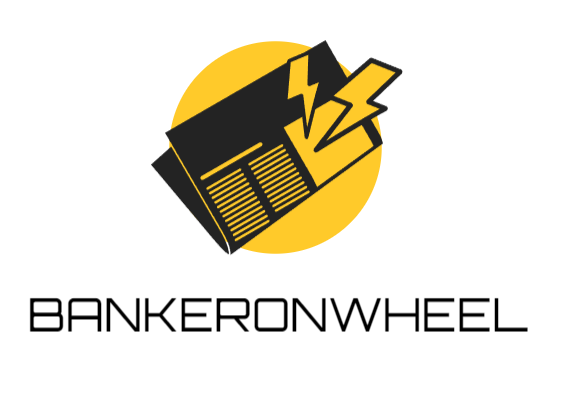Understanding the Impact of Inflation on Investments and Personal Finances

Inflation is a term that often pops up in financial news, and it’s something that can have a significant impact on your investments and personal finances. But what exactly is inflation, and how does it affect your financial health? Let’s delve into this topic and shed some light on the matter.
Inflation, in simple terms, is the rate at which the general level of prices for goods and services is rising. It’s like an invisible tax that chips away at the purchasing power of your money. When inflation is high, each unit of currency buys fewer goods and services. This can be a real concern for investors and individuals alike, as it can erode the real value of your savings and investments.
Let’s consider an example. Suppose you have $1000 in a savings account that earns 2% interest per year. After a year, you’d have $1020. But if the inflation rate is 3%, the cost of goods and services would have risen by that amount, meaning your $1020 would only have the purchasing power of $990.60 in today’s dollars. So, even though the nominal value of your savings has increased, the real value, or purchasing power, has decreased.
Now, let’s look at how inflation impacts investments. When it comes to investing, the goal is to achieve a return that outpaces inflation. If your investments aren’t growing at a rate that’s higher than inflation, you’re essentially losing money in terms of purchasing power. This is why investors often seek out assets that have the potential for higher returns, such as stocks, even though they come with higher risk.
However, it’s not all doom and gloom. Inflation can also have positive effects on certain types of investments. For instance, real estate often appreciates in value during times of inflation. As the cost of materials and labor increases, so does the value of property. This can make real estate a good hedge against inflation.
Similarly, stocks can also provide a hedge against inflation. Companies can often pass on increased costs to consumers in the form of higher prices, which can lead to increased profits and potentially higher stock prices. However, this isn’t always the case, and it’s important to carefully consider the potential risks and rewards of any investment.
Inflation can also impact your personal finances in other ways. For instance, if you have a fixed-rate mortgage, inflation can actually be a good thing. That’s because the real value of your mortgage payments decreases over time as inflation rises. On the other hand, if you’re a retiree living on a fixed income, inflation can be a major concern as the cost of living increases.
In conclusion, inflation is a complex economic phenomenon that can have both positive and negative effects on your investments and personal finances. It’s important to understand how it works and to consider its potential impact when making financial decisions. By doing so, you can better protect your financial health and work towards achieving your financial goals.

